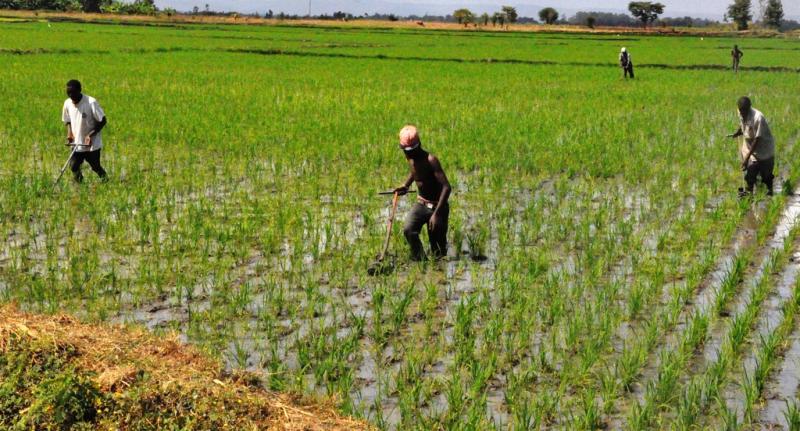×
The Standard e-Paper
Smart Minds Choose Us

Mwea rice farmers want the Government to control imports to keep prices stable as they wait to harvest in a month’s time.
The demand could be hard to implement given that about 90 per cent of the rice consumed locally is imported, a good chunk from Pakistan - Kenya’s main tea market.